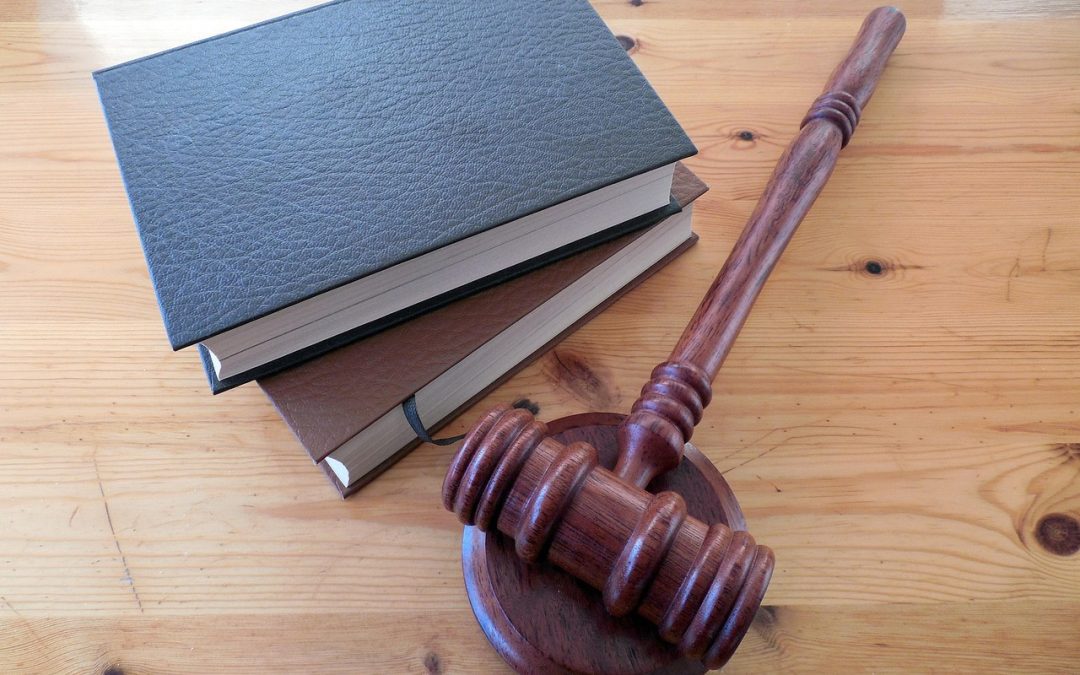If you’ve experienced discrimination or police misconduct, finding a civil rights attorney can be a crucial step in seeking justice. But where do you start? In this post, we’ll guide you through the process of finding a qualified attorney who can help you assert your rights and navigate the legal system.
Before we dive in, it’s important to acknowledge that the vast majority of law enforcement officers are dedicated public servants who work hard to keep our communities safe. That being said, it’s equally important for citizens to know their rights and assert them appropriately. This balance is key to maintaining trust and promoting accountability.
Understanding Your Rights
When interacting with police, it’s essential to understand your rights under the Fourth Amendment, including the right to be free from unreasonable searches and seizures. This means that police generally need a warrant or probable cause to search your person, vehicle, or property.
In addition, the Fifth Amendment’s Miranda rights require police to inform you of your right to remain silent and your right to an attorney before questioning. It’s critical to remember that you can invoke these rights at any time, even if you’ve been speaking with police voluntarily.
Where to Look for a Civil Rights Attorney
So where do you find a qualified civil rights attorney? Here are some practical tips to get you started:
When researching potential attorneys, make sure to read online reviews and ask about their experience in handling civil rights cases similar to yours.
What to Expect When Working with a Civil Rights Attorney
When working with a civil rights attorney, it’s essential to remember that they are there to guide and advocate for you. Here’s a key principle to keep in mind:
“The right to counsel is the right to effective counsel.”
This means that your attorney should be able to provide you with clear, timely, and informed advice about your case. Don’t be afraid to ask questions and seek a second opinion if you’re not comfortable with your attorney’s strategy or approach.
In conclusion, finding a qualified civil rights attorney requires some research and patience, but it’s a critical step in seeking justice. Remember to stay calm, assert your rights, and seek guidance from a qualified attorney. And most importantly, stay informed about the laws in your local community. By doing so, you can help promote accountability, safety, and respect for all citizens.
The information at Observed.Org may not pertain to every jurisdiction. It is YOUR responsibility to know your rights and observe them. Nothing here should be considered legal advice.

